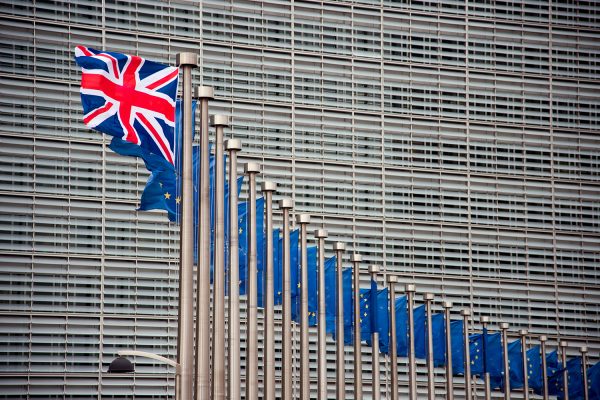
Brexit is due at midnight. Cue the inevitable glee from Brexiteers when the sky doesn’t fall. “Project Fear”, they will claim, was wrong all along.
No thanks to them. The very mandarins who warned against the consequences of leaving the EU have been working for the last three years to prevent their own predictions from coming true.
Disruption
Britain will formally leave at midnight, but it will continue to follow most EU rules and regulations. British nationals traveling to the continent won’t need to apply for a visa yet. Trade will continue uninterrupted. The withdrawal agreement the EU and the UK have negotiated prevents almost all disruption that would have resulted from a total and sudden break.
That disruption can still happen if the two sides don’t negotiate their future relationship before the end of the year. That is when the transition period expires.
Tradeoff
The EU doesn’t insist on an off-the-shelf solution. Britain doesn’t have to chose between the Canada, Norway or Turkey models. It can have even greater access to the European single market — the more in remains in regulatory alignment with the EU.
The tradeoff is that the closer the UK sticks to its former partners, the less flexibility it will have in trade talks with other nations.
Hit hard
The choice is Britain’s, but not doing a deal would raise tariffs and restore border checks. Agriculture, which the EU protects with an elaborate system of rules, subsidies and tariffs, would be hit hard. So would services, which now benefit from open borders, open skies and harmonized regulations.
British and European authorities have separately calculated that, even under a Canada- or Norway-style trade deal, the UK economy will be several points smaller in fifteen years than it would have been as a member of the EU. Without a deal, the difference could be as much as 10 percent.
